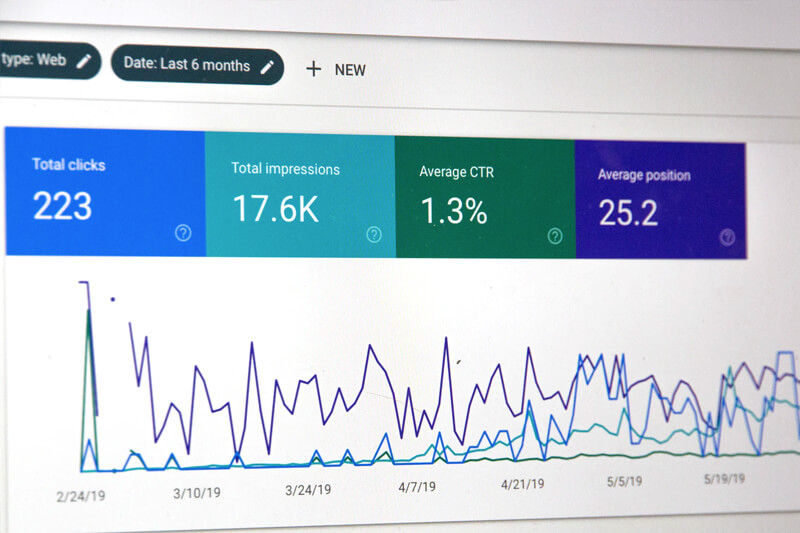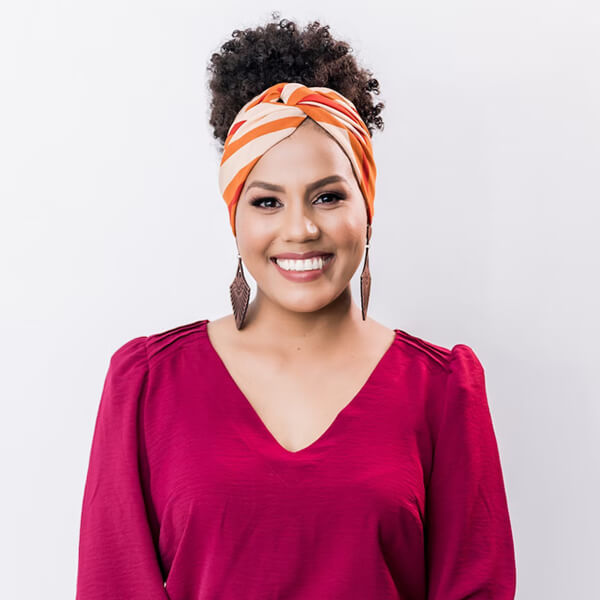Courses
Odio et unde deleniti. Deserunt numquam exercitationem. Officiis quo odio sint voluptas consequatur ut a odio voluptatem. Sit dolorum debitis veritatis natus dolores. Quasi ratione sint. Sit quaerat ipsum dolorem.

Web Development
$169
Website Design
Et architecto provident deleniti facere repellat nobis iste. Id facere quia quae dolores dolorem tempore.
50
65

Marketing
$250
Search Engine Optimization
Et architecto provident deleniti facere repellat nobis iste. Id facere quia quae dolores dolorem tempore.
35
42

Content
$180
Copywriting
Et architecto provident deleniti facere repellat nobis iste. Id facere quia quae dolores dolorem tempore.
20
85


